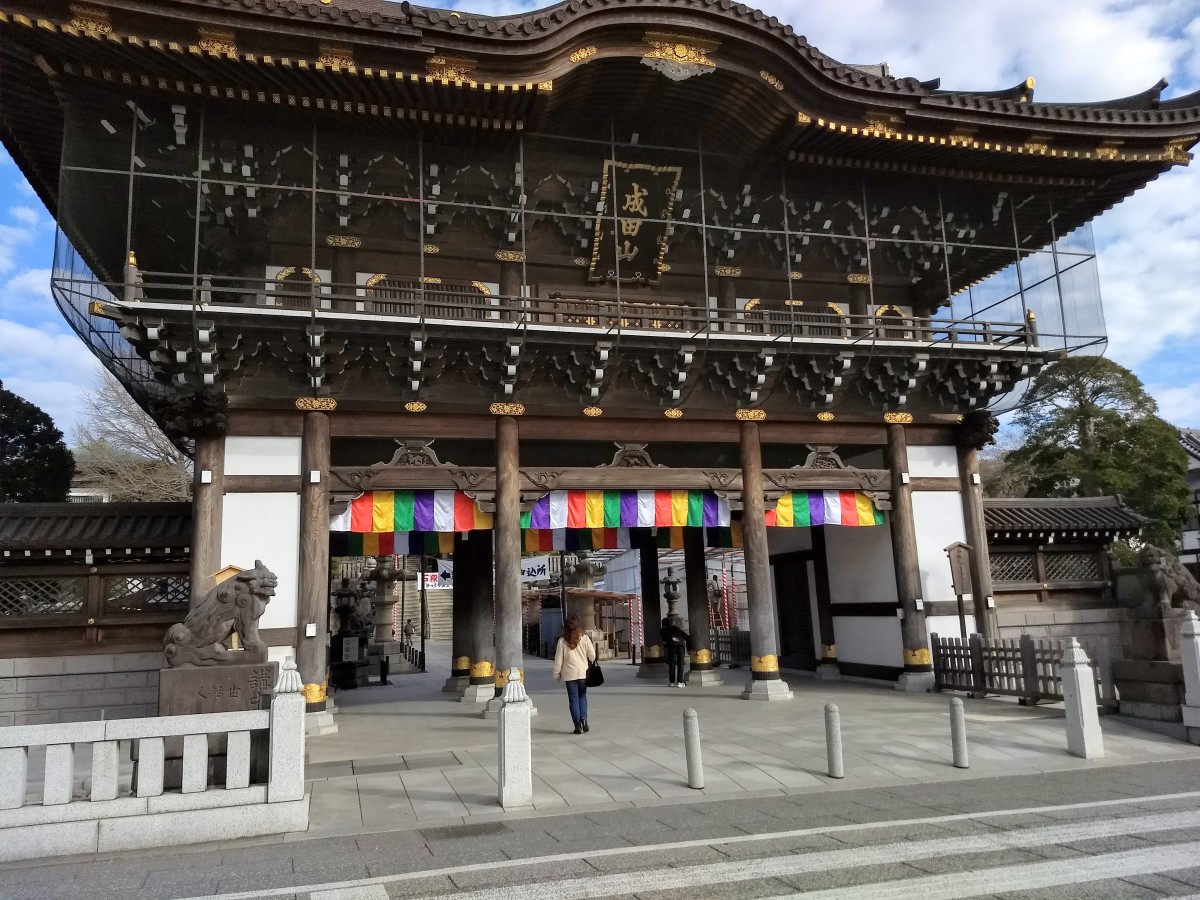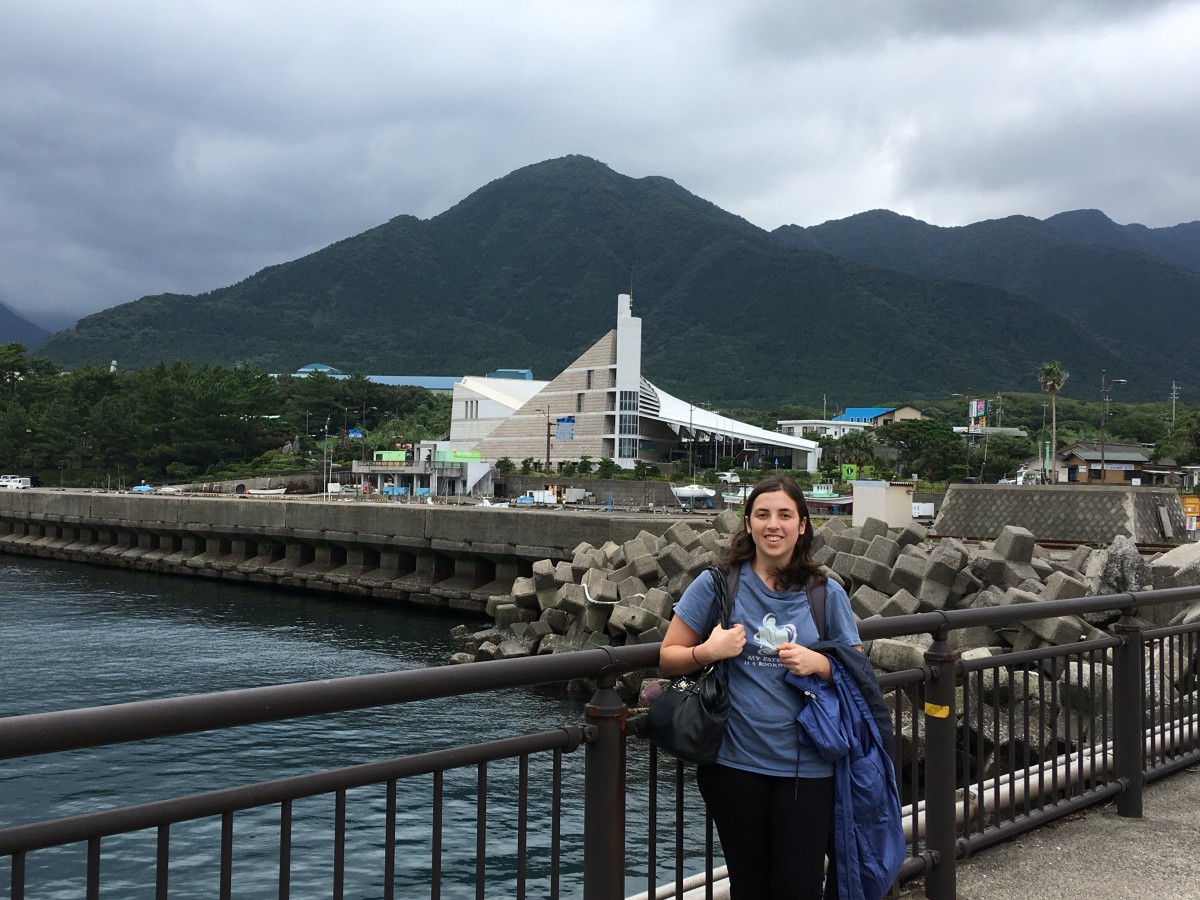- HubPages»
- Travel and Places»
- Visiting Asia»
- Eastern Asia
So you want to teach English in Japan? A Guide for Prospective EFL teachers
Like many Asian countries, Japan has a large appetite for native English speakers. China, Taiwan, Korea and to an extent Thailand offer similar possibilities for aspiring EFL teachers, yet as one of the safest, most convenient and generally economically developed countries in the world, Japan has particular advantages to the less adventurous (like me!).
It’s also a great base from which to explore East Asia. If you earn the average teacher’s salary of 250,000 yen a month then you’ll have plenty of money to get out and see the continent, which is another great bonus.
The collapse of NOVA, the largest and most notorious of the big schools, put a big strain on the eikaiwa (English conversation) industry, as has the global recession which has been hitting Japan’s export-based economy hard. However, one of the most wonderful aspects of Japan is its ability to carry on more or less regardless; schools are still hiring, and new teachers are still arriving every day. While TEFL qualifications and Japanese language ability are becoming more desirable, you can find a job quite easily without either of these strings to your belt.
Here is some information about finding a job in Japan, living and working here, and finding a place to stay.
Why do you want to come to Japan?
If you want to learn Japanese then it’s probably best to stay out of the major cities, where people would generally rather talk to you in English even if your Japanese is highly advanced and they can only manage “yes” and “no.” Most of the best speakers of Japanese here either studied it at university before they came or enrolled on the JET program, which places its Assistant Language Teachers (ALTs) in rural areas where can be immersed in the language and culture, before joining various schools.
If you want to experience modern urban Japan, then any of the larger language schools will probably be worth considering. If you are coming here as a couple, then ECC is a good bet, as it can arrange suitable accommodation in the Kansai area and is generally helpful towards people coming here in pairs.
What are you options?
For a newcomer, it is generally better to stick to the JET program or one of the big schools. Here is a brief rundown of the big beasts of the eikaiwa industry:
The JET Program
The JET program offers the best pay and conditions and since it places ALTs in rural areas, your money will also go further. The JET program is a government-sponsored scheme that places successful applicants in Japanese schools, starting each August/September (unless you’re from Brazil, China, Korea and Peru in which case you’ll start in April). Your contract will be for one year, but it is possible based on mutual agreement to stay for up to five. JETs are paid 300,000 yen a month which is enough to live very comfortably, save money each month and travel too! You can expect behaviour in Japanese schools to be pretty bad, however. Depending on what you are used to from your home country, there will be times when your smile will be severely strained. If you want to come as a couple, then ECC is probably a better option. JET does try to place couples together by assigning them to nearby schools, but they do not guarantee this. I know two couples who’s JET application fell through for this reason. Also, priority is given to married couples when it comes to placing people who are in relationships.
ECC
ECC is another option worth considering. For a working week of 29.5 hours, or 30 hours if you choose to join the Shakai Hoken insurance system, you will be paid 252,000 yen per month and given around 7 weeks of annual leave, including public holidays. Most of your vacation is fixed, but you will have five flexible days to take each year when you wish. Note that there is no sick pay, as is usually the case in Japan. If you come to work for ECC you will probably be placed near Tokyo, Nagoya or Osaka and will work in a variety of conversation schools. You can expect to travel for up to an average of up to one hour each way to work. You will teach kids from aged around two (with their parents there to help you) through teenagers to adult businesspeople and homemakers, and just about everybody else.
The bulk of your teaching will probably be free time lessons, which can be come repetitive after a while. Also, there are few promotion opportunities and your annual pay rise will be comically small. However, the vacation package and the consideration giving to couples make this probably the best bet for many people considering coming here. The core training is excellent and, at 29.5 hours a week, the position leaves you plenty of time to pursue your outside interests. Another benefit of ECC is that teachers are left out of the business of selling; in fact, they are left out of the business of business. While you can expect to be asked to make posters or stuff tissues with leaflets, it’s unlikely that you’ll be troubled with the financial stresses symbolic of “real life” back home.
If you want to apply to ECC, do pay proper attention to the grammar test, which seems to be failed by around half of all applicants. Study all your grammar basics before you arrive for the selection day.
GEOS
Amidst rumors about GEOS’ less than healthy financial state, the company is only now recruiting within Japan. Keep an eye out for future developments.
AEON
AEON is currently recruiting overseas across the English-speaking world.
Expect to work a 38 hour week (with around 25 hours a week teaching), and also expect to be involved in sales, marketing and other business-related activities. AEON will work you hard, so don’t consider a job with them to be an extended vacation. A typical day is from 1pm to 9pm (compared to a typical day for ECC which is 3.30-9.30 without a lunch break.) There is a running joke in Kansai about how rare it is to spot AEON teachers around in the bars and clubs. They must always be working, so it’s reasoned. However, AEON is a good option for serious language teachers with an interest in business.
There are plenty of other medium-sized language schools you can find at places like www.gaijinpot.com and http://www.jobsinjapan.com/. However, you’ll have to come here first and try to a language school to sponsor your visa. It might be difficult, but it shouldn’t be impossible as long as you arrive with enough money to tide you over until you find something.
Once in Japan, there are plenty of ways to make extra money. You can join an agency like 'Find a Teacher' or, if you are in Kansai, AIM, which has a good record. You could also think about teaching online, as you can include this option on many agency websites. Alternatively, you could even start your own school, teaching face-to-face or running a skype-based teaching outfit.
So what's it like?
It really depends on your personality and your reasons for leaving in the first place. If you like to be the center of attention and are capable of keeping your energy up even when you aren’t feeling your best then you will probably have a great time in Japan. You are very likely to face being stared at by locals who see you as a curiosity, and hear cries of “Hello” from schoolchildren, often egged on by their teachers who have decided that you must be an English speaker and would therefore appreciate this being barked at you. This will happen in the cities just as predictably as in Japan’s rural backwaters so if the idea doesn’t appeal to you then you should probably back out now. However, if you don’t mind feeling like an outsider (which you will always be here) then it’s definitely worth a try. There are just so many positives to consider.
I’m planning to write more hubs about living and working in Japan so please keep checking back. If you live or have lived in Japan and want to share your experiences to help those considering taking the plunge then please do so.








